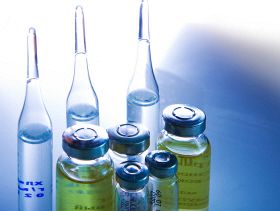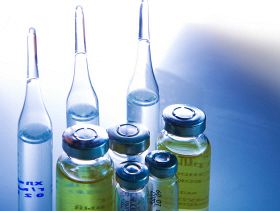



UK: Veterinary antibiotics sales on the decline
VMD attributes positive results to cooperation between the farming industry, veterinarians and governmentAccording to a report released by the UK government's Veterinary Medicines Directorate (VMD), the use of antibiotics in livestock in the UK has fallen again
.
Last year saw another drop in the use of antibiotics in food-producing animals, meaning that the UK now has one of the lowest levels of antibiotic use in Europe.
This is the sixth consecutive year of declines, giving a total reduction of 79% since 2014, and they now account for only 0.5% of the total antibiotic sales in 2020.
The UK-Veterinary Antibiotic Resistance and Sales Surveillance (UK-VARSS) annual report shows the second lowest-recorded amount of antibiotics sold for use in food-producing animals, at 30.1 mg/kg: less than half the levels recorded in 2014. Since 2019, reductions in antibiotic use were reported by the pig, chicken, turkey and gamebird sectors.
The overuse of antibiotics in livestock threatens both animal and human health, as the efficacy of life-saving medicines is reduced if bacteria become resistant to antibiotics.
The main driver of resistance is antibiotic (over)use. As such, it is crucial to use them responsibly, and to reduce unnecessary use of antibiotics, especially Highest Priority Critically Important Antibiotics (HP-CIAs) - which are vitally important for human medicine - in animals.
According to internationally recognised indicators, the UK has achieved some of the lowest levels, and biggest reductions, in resistance in livestock across Europe.
E. coli carrying resistance genes to HP-CIAs continue to decrease.
"It is encouraging to see farmers and vets continuing to work together to tackle antibiotic resistance through the responsible use of antibiotics, which in turn protects human health as well as reducing the burden of disease in animals," said UK Chief Veterinary Officer Christine Middlemiss. "We are committed to protecting animal health, and we will continue to work closely with industry and the veterinary profession on this important issue."



